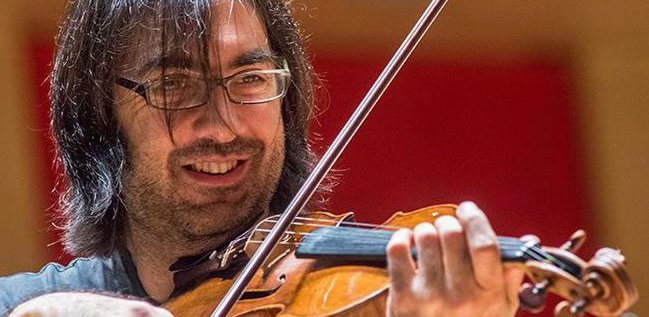Unusually, however, when Iván Fischer stepped in front of the orchestra on Friday night, he had a microphone, rather than a baton, in his hand. In a simple but touching speech, he paid his respects to his colleague and founding member of the BFO, pianist and conductor Zoltán Kocsis, who passed away a few weeks ago. What followed was a most effective tribute to this extraordinary musician. The BFO performed the slow movement of Béla Bartók’s Third Piano Concerto on a stage devoid of both a piano and a soloist, a gesture as poignant as it was symbolic; with seamless technological assistance, the piano part, in Kocsis’s performance, was played through speakers, adding his recording from the distant past to the live orchestral performance.

Other